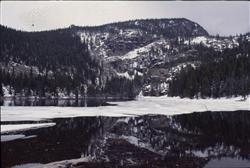
Study to be an Ecotourism Tour Guide with ACS Distance Education
This course develops your ability to organise and conduct ecotourism services including tours & activities. Learn to conduct guided tours, overnight walks and treks, or self guided interpretive walks.
Ecotourism is an industry that has developed hugely in recent years. It reflects both of the aims of modern conservation: management of resources and protection of the environment. Modern ecotourism strives to be sustainable, so that the activities that are taking place can continue to do so.
This course will introduce you to aspects of ecotourism such as:
- guiding environmental awareness,
- planning tours,
- displays and interpretive aids,
- plant and animal interpretation.